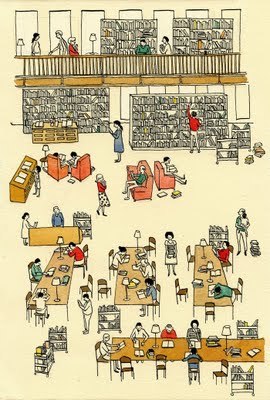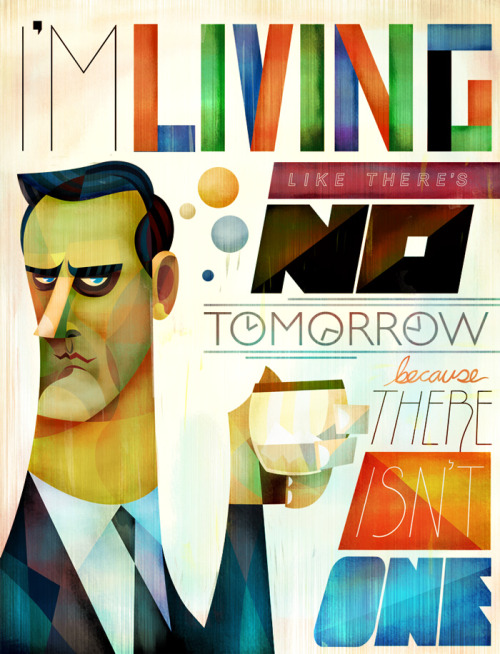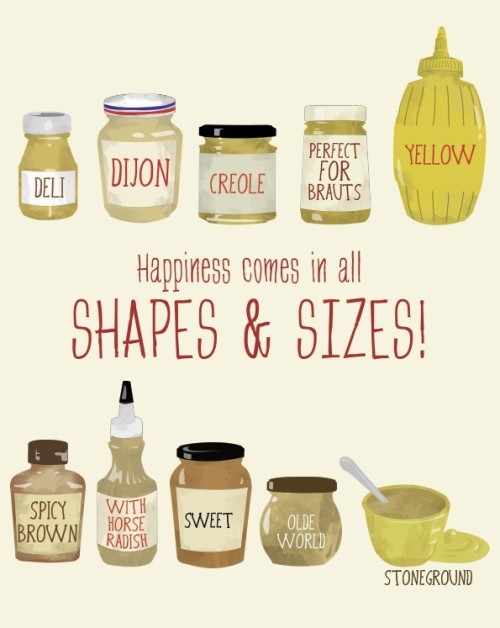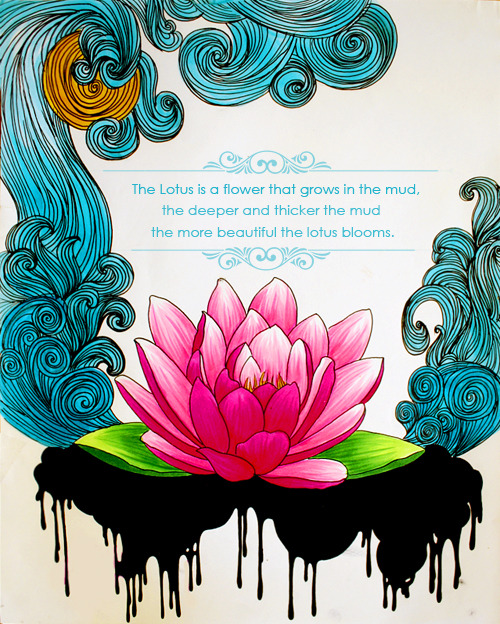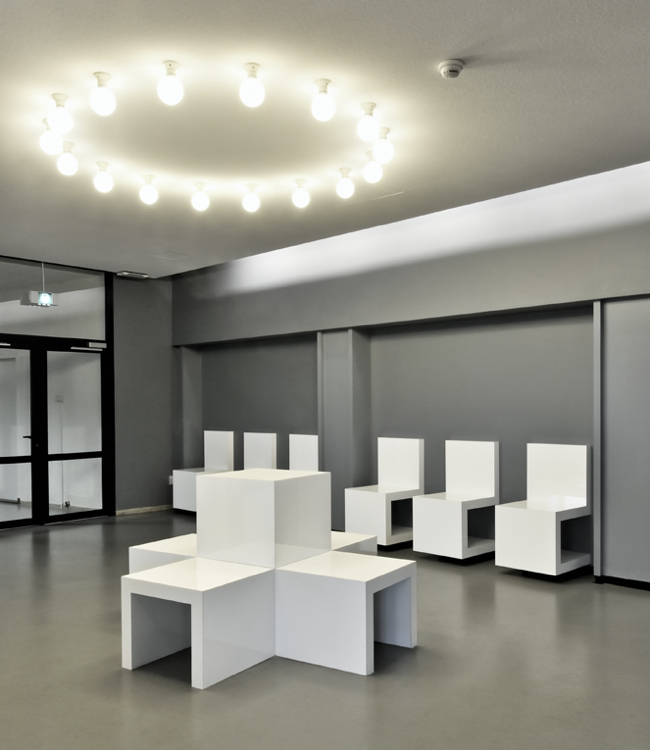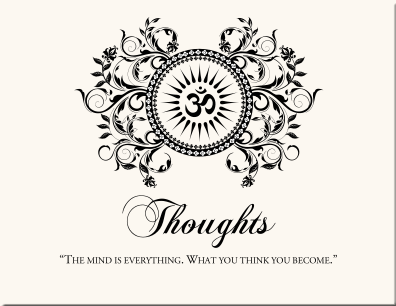"
The Library as Amusement Park." City Journal / Daniel J. Flynn.
New York: City Journal Online, November 12th 2010.
"Only those who haven’t checked out a book in the new millennium would be surprised that the public library is now making video games available. The image of the urban public library as a citadel of culture and quietude shielding patrons from the noisy, dumbed-down, digital world outside has taken a hit in recent years. Anyone who has logged significant time at the library has noticed an environment at odds with what Andrew Carnegie had in mind when he bankrolled the construction of 2,811 libraries—roughly 1,000 more institutions than will be participating in National Gaming Day on Saturday. It’s not uncommon to see Internet porn on library computer consoles, and for those not satiated by simply looking, library bathrooms have become popular rendezvous points. Most conspicuously, the library has been transformed into an unofficial homeless shelter during those daytime hours when the official homeless shelter shuts its doors. Libraries have become comfortable hosting many activities unrelated to the life of the mind.
Indeed, libraries have been lending popular music and movies for decades. And one can hardly blame libraries for exhibiting the problems of the society that surrounds them. But there is a difference between tolerating vice and indulging it."
No, dude, I am pretty sure Andrew Carnegie intended for libraries to be used by their communities.







